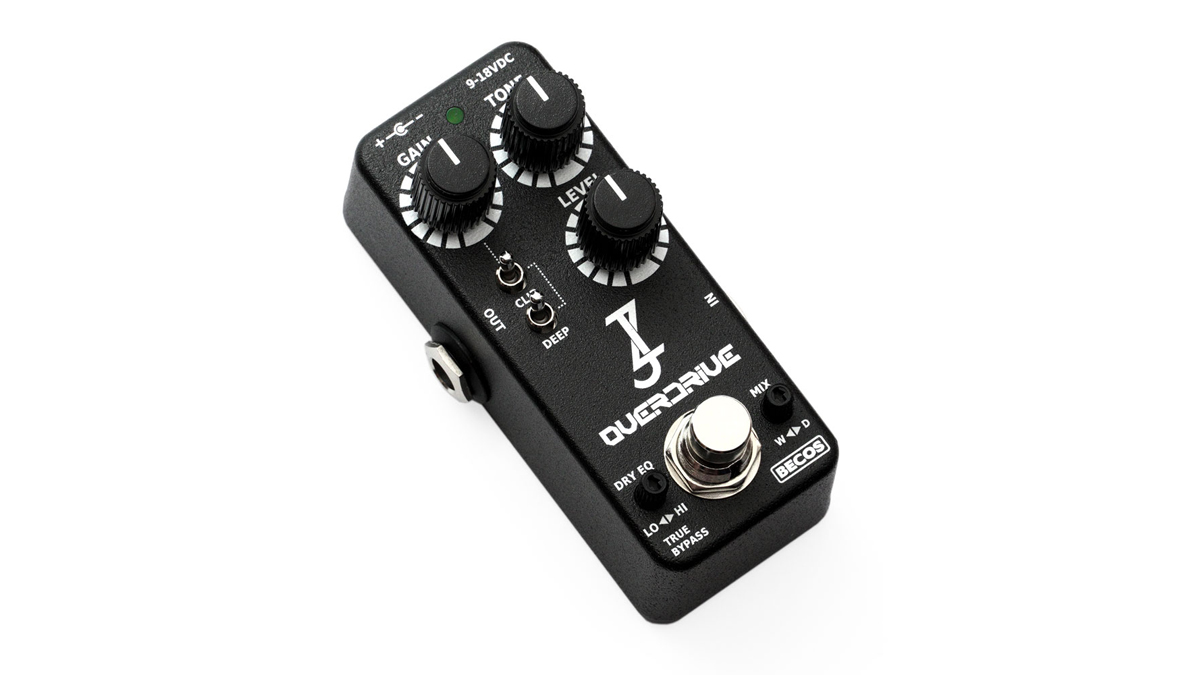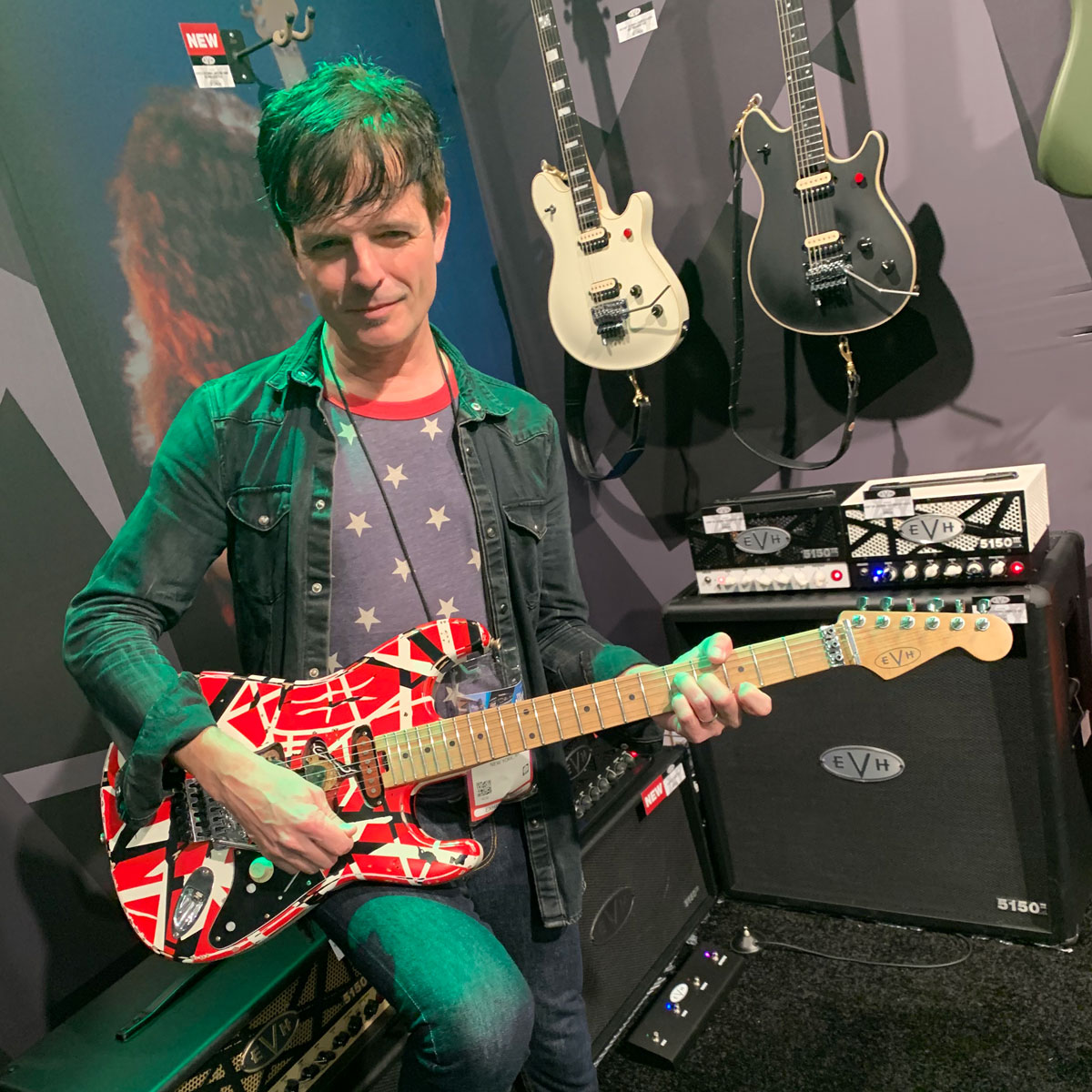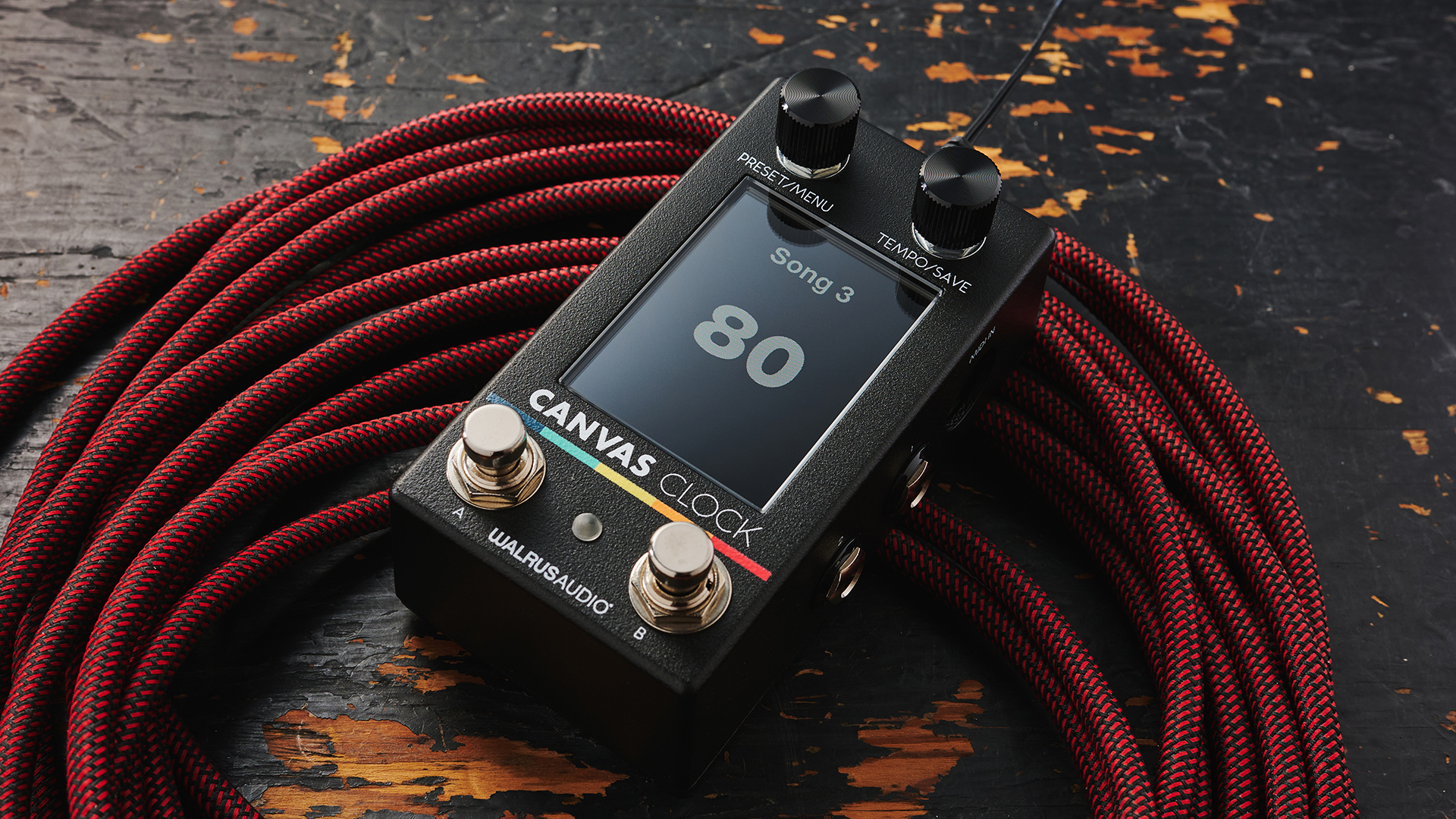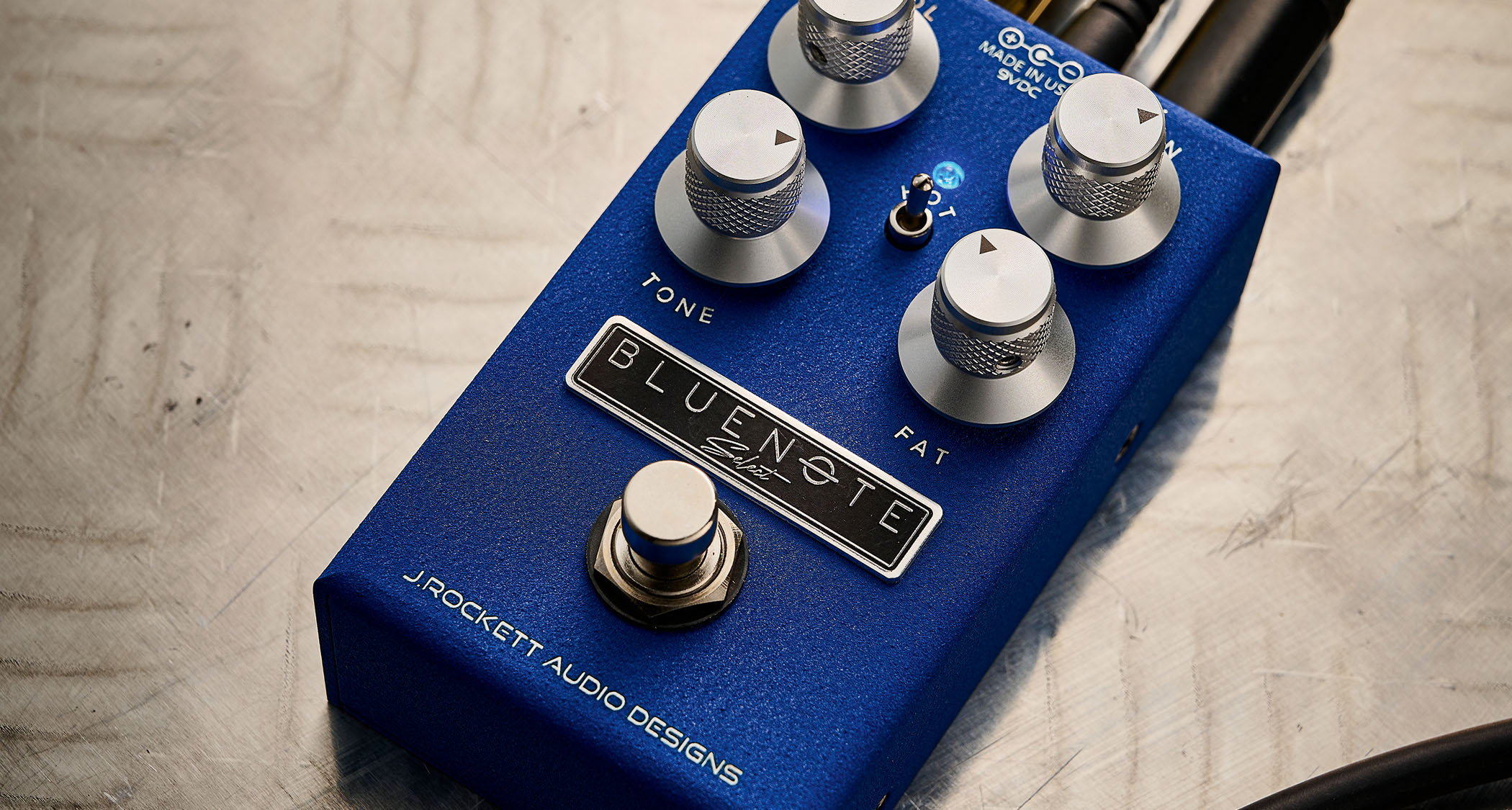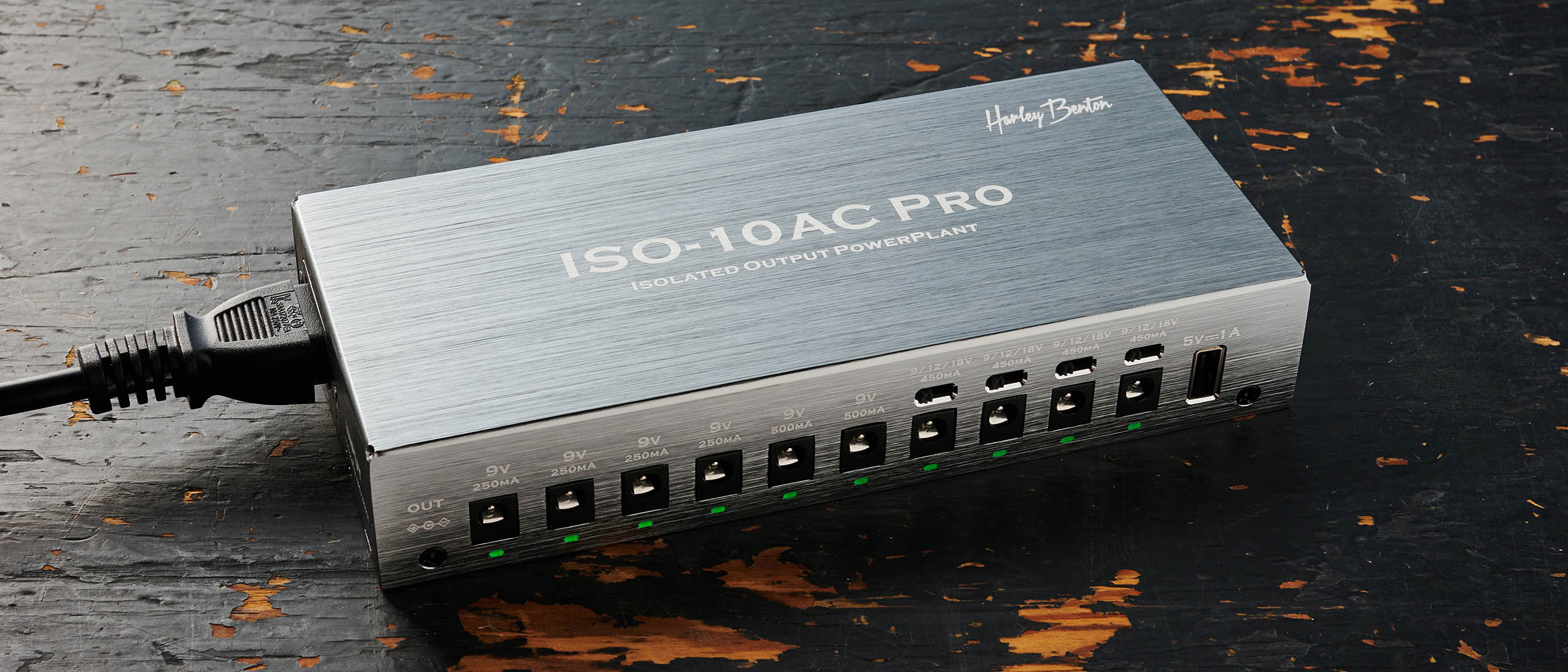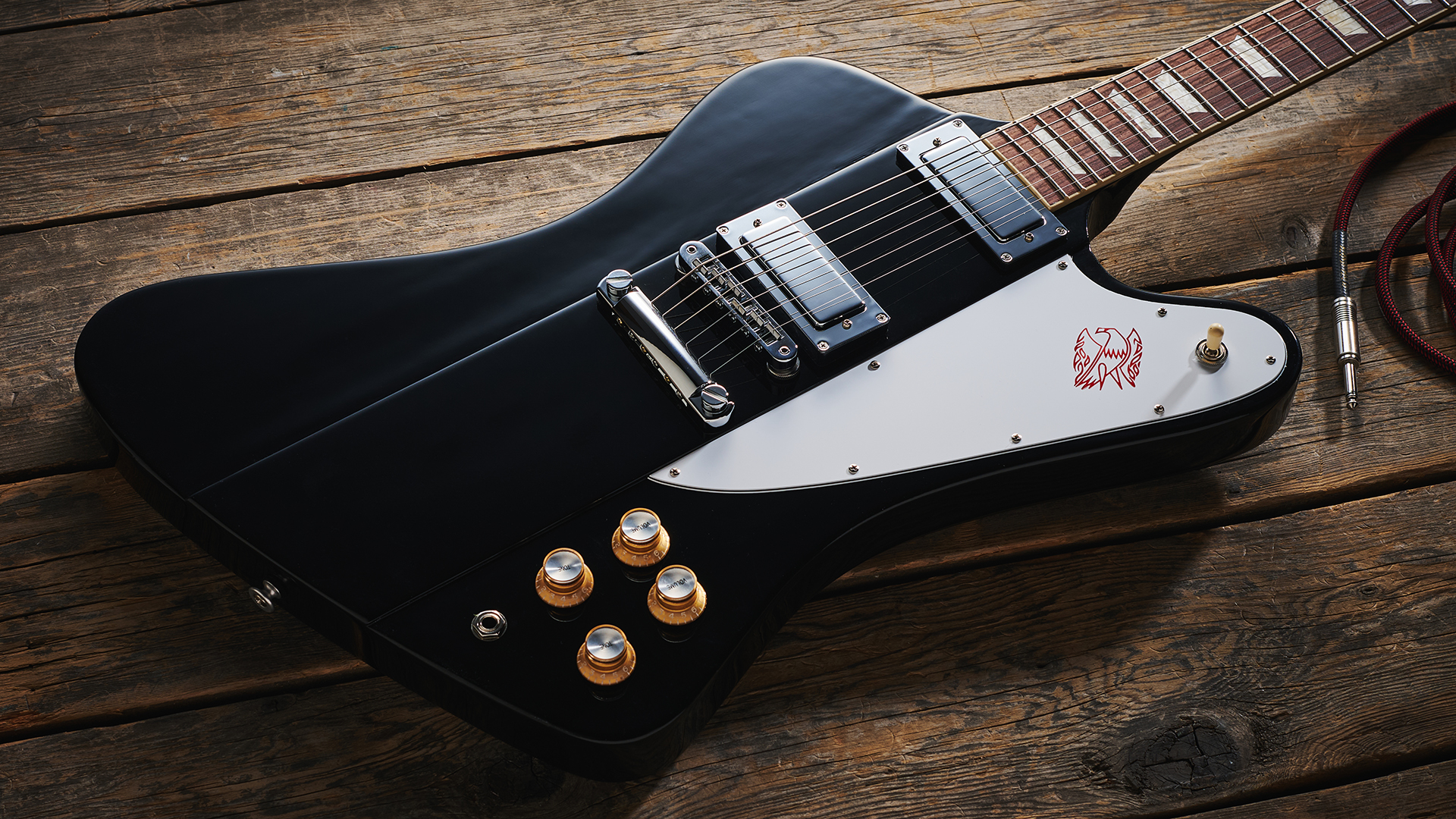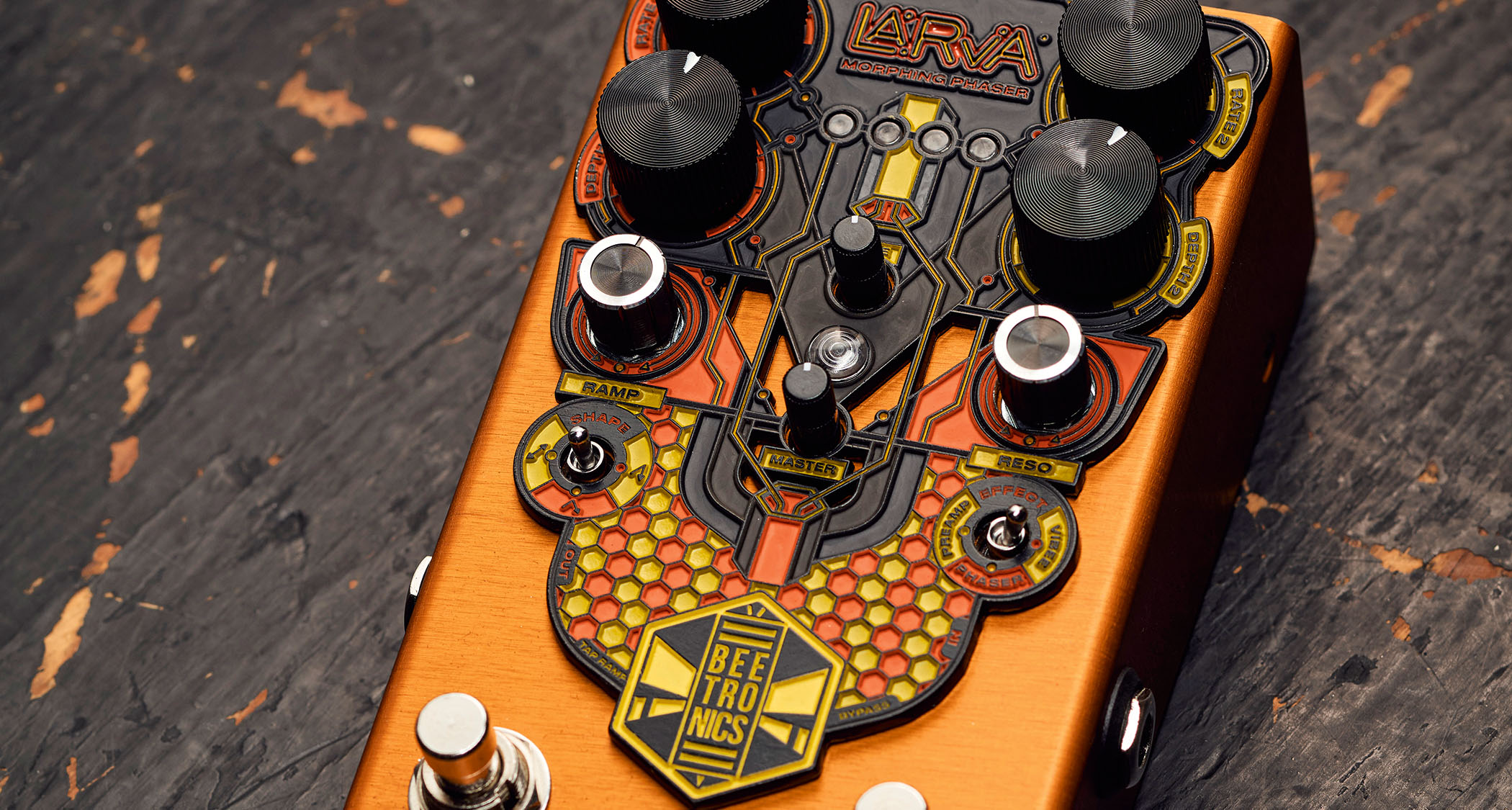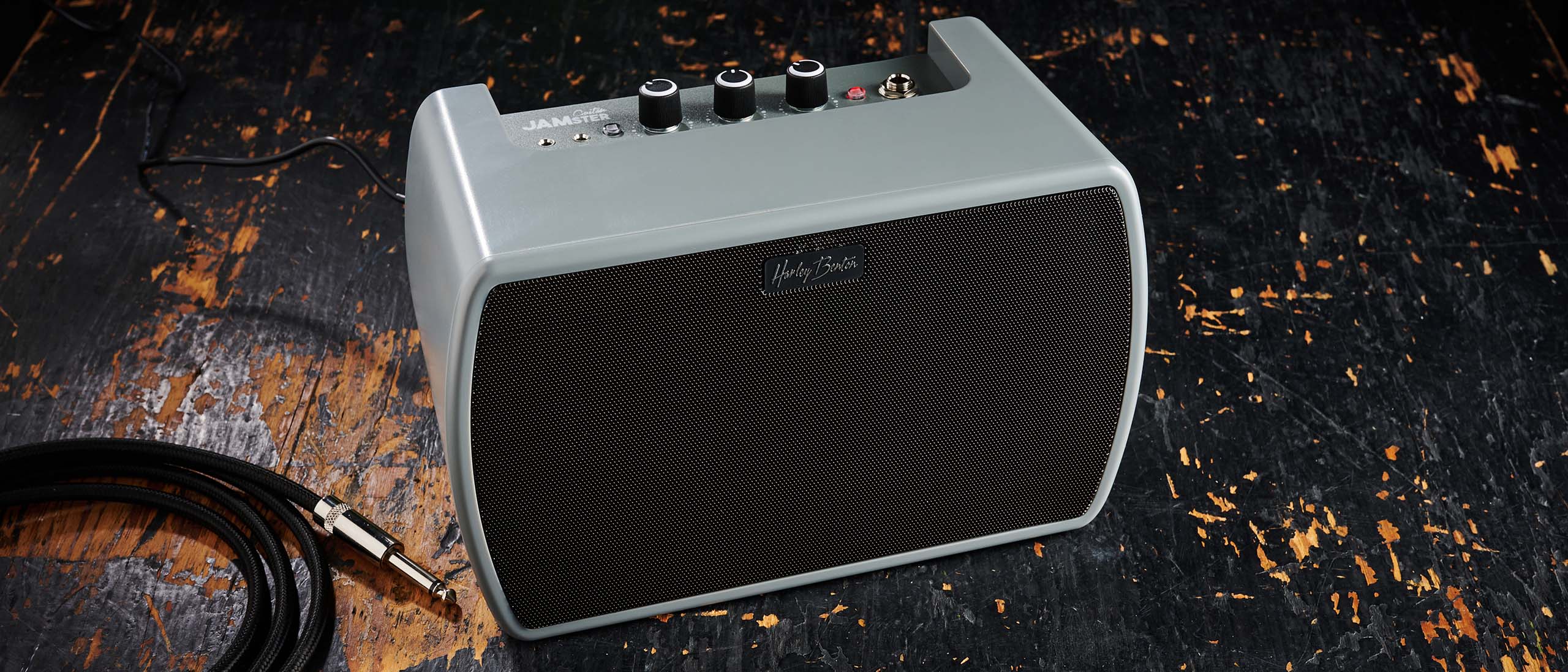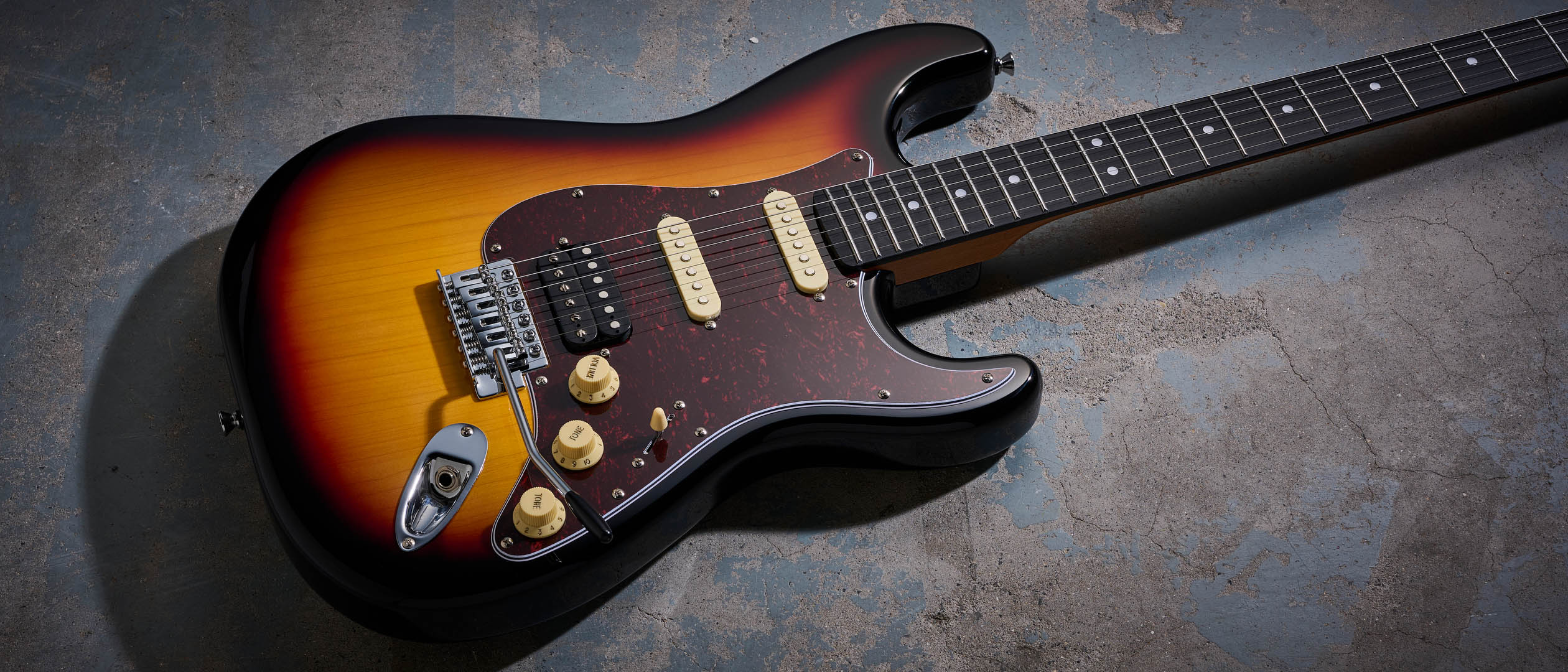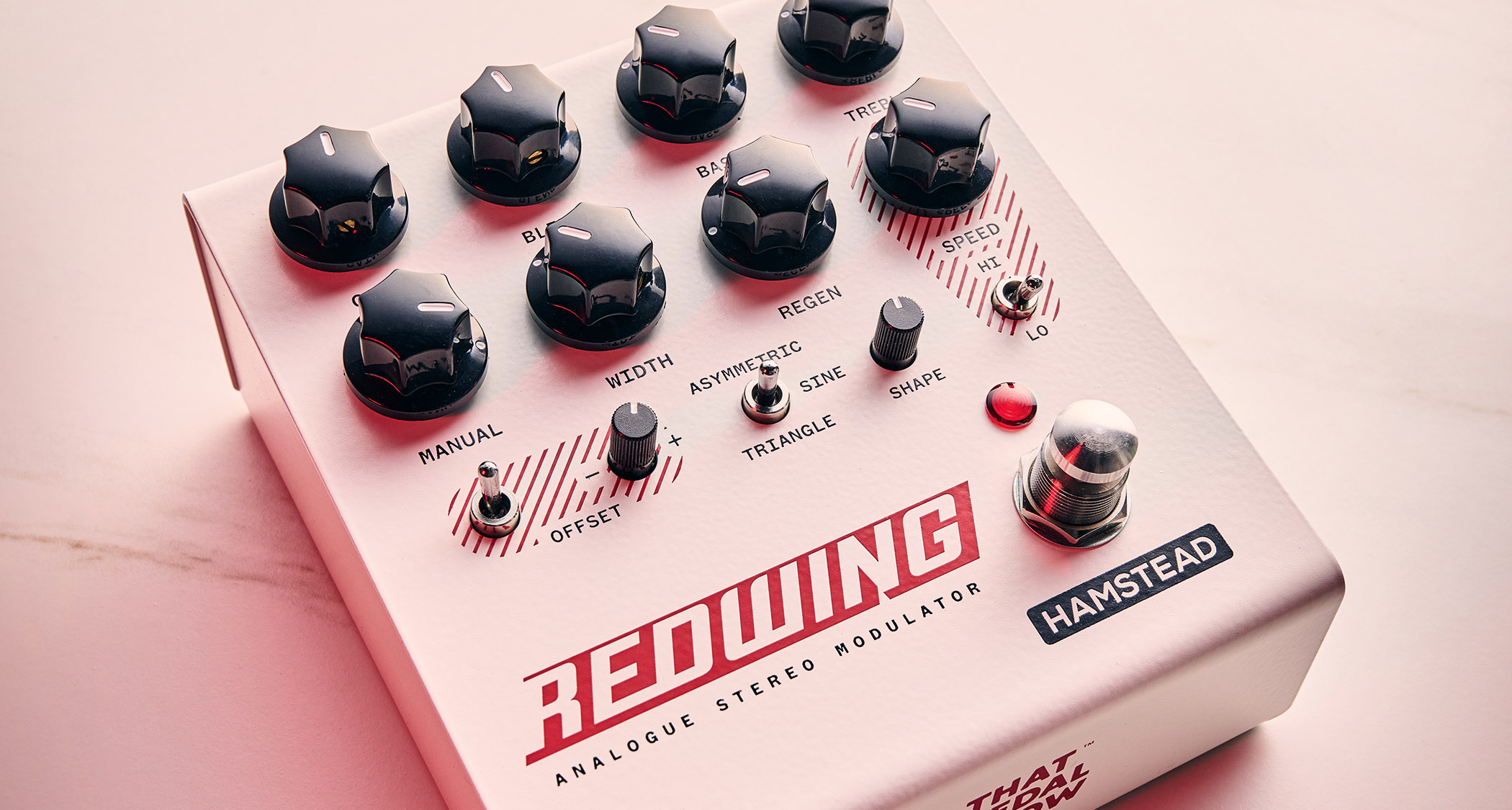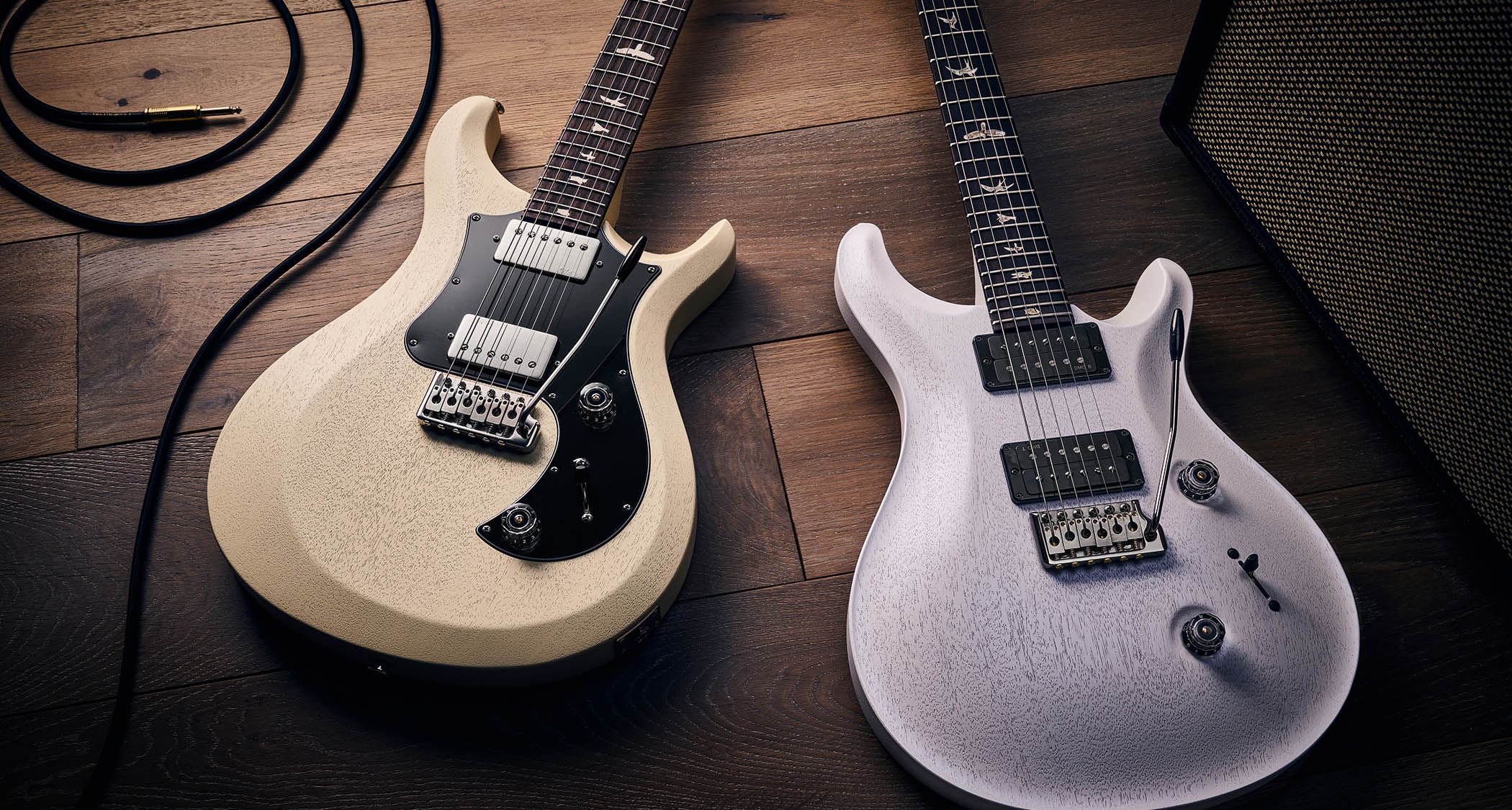Guitar World Verdict
For all its expanded versatility as an 808-style drive, the Ziffer Overdrive shouldn't be missed.
Pros
- +
Dynamic and musical drive.
- +
Excels when pushing an amp.
- +
Heaps of tone-shaping options.
- +
Compact format and premium build.
Cons
- -
Mix and Dry EQ mini-dials will be fiddly for larger fingers.
You can trust Guitar World
The perennial overdrive pedal will never fall victim to obsolescence, because demand for new variants based on the evergreen Tube Screamer will always keep it relevant for guitarists.
Romanian pedal maker BecosFX, lauded for its compressor pedals, introduced such a specimen as a signature overdrive for Ratt’s hotshot guitar slinger, Jordan Ziff.
But before you dismiss the Becos TS8-JZ Ziffer Overdrive as yet another TS twin, you should know Becos specializes in cramming multiple tone-sculpting controls onto mini-pedals. This time, its efforts have resulted in an adjustable overdrive that can scream with larger-than-life tone or sweeten with enhanced warmth and clarity.
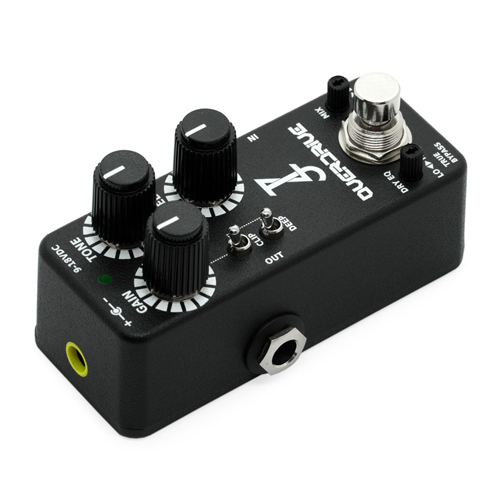
On its face, the Ziffer Overdrive has the expected controls for Gain, Tone and Level, but it’s also upgraded by its three-way gain stage Clip Switch (Classic, Asymmetric, and Custom), a low-end frequency response Deep Switch (Classic and Deep), and controls for Dry/Wet mix and Dry EQ (a frequency booster and tilting lo/hi EQ).
As always, Becos overbuilds for a lifetime of use by using premium components such as audio grade op-amps, Panasonic multi-layer plastic metalized film capacitors and gold-plated tracing circuit boards. And, for those who crave more transparency and higher headroom, the pedal can be powered anywhere between 9VDC and 18VDC.

The impetus behind the TS8-JZ was to gently push the front-end of Ziffer’s Marshall Plexi (or any typical classic amp), and if that’s your general purpose, setting the Clip Switch to “Classic” ushers in that TS-808-style squishiness with very little coloration and a dollop of saturated creaminess.
As you click the clipping switch down from Classic to Asymmetric to Custom, you’ll hear gradual bumps in volume and varying shades of gain structure, with the overall tone becoming bigger and clearer. With that, if you plan on using the Ziffer Overdrive as a standalone drive, I found that the Custom (LED clipping) setting really boosts notes and chords with boldness and dynamic cut.
Most players will love the responsive slice of the Asymmetric setting, with its perfect blend of bumped-up articulation and sweetened compression
Whether I’m pushing a cranked amp or stacking the TS8-JZ with another drive stompbox, I believe most players will love the responsive slice of the Asymmetric setting with its perfect blend of bumped-up articulation and sweetened compression.
The Deep switch is fascinating to me; if I’m soloing or chugging in the lower register, then the Deep setting clearly makes the bottom end more defined and present. However, I still prefer the Classic setting for all the sugary harmonic content I’m used to. The Dry EQ works well if you need to recover some missing frequencies, but don’t completely disregard the Dry/Wet mix control.
I can tell you dialing back the wetness for some clean signal sounded exceptionally good through a high gain amp. For all its expanded versatility as an 808-style drive, the Ziffer Overdrive shouldn't be missed.
Specs
- PRICE: $169
- TYPE: Mini overdrive pedal
- CONTROLS: 3-way clipping toggle, Deep switch, Gain, Tone, Level, Dry EQ [lo/hi], Mix [wet/dry]
- BYPASS: True
- POWER: 9V DC, < 11mAh
- CONTACT: BecosFX
Paul Riario has been the tech/gear editor and online video presence for Guitar World for over 25 years. Paul is one of the few gear editors who has actually played and owned nearly all the original gear that most guitarists wax poetically about, and has survived this long by knowing every useless musical tidbit of classic rock, new wave, hair metal, grunge, and alternative genres. When Paul is not riding his road bike at any given moment, he remains a working musician, playing in two bands called SuperTrans Am and Radio Nashville.
